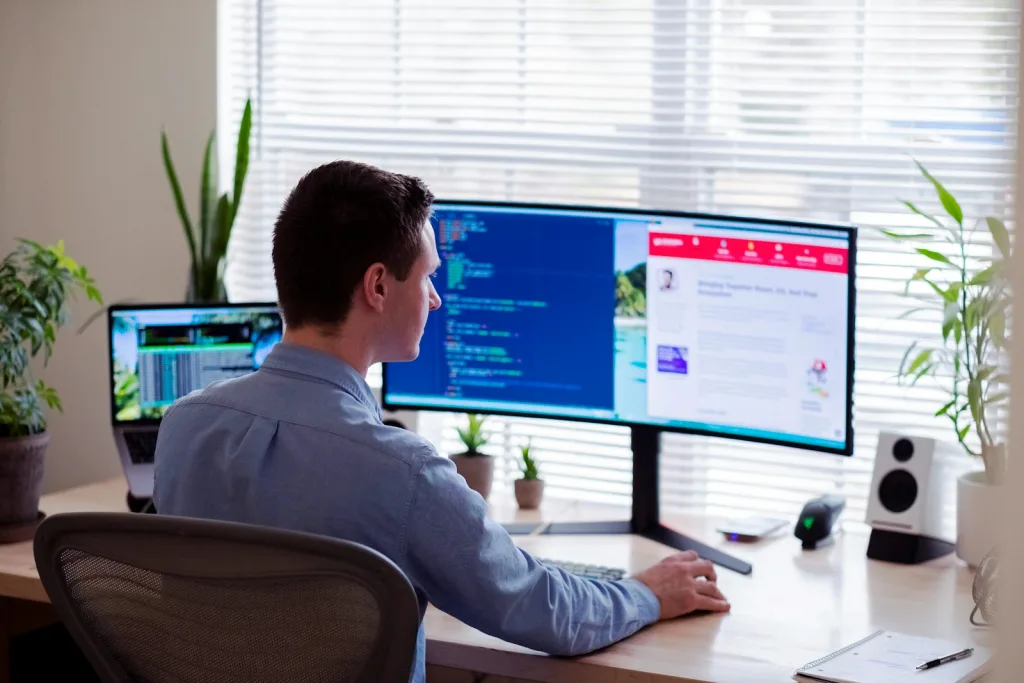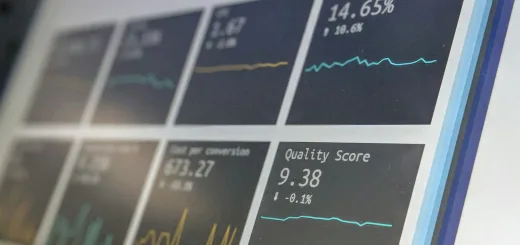Freelancing as a Developer: Getting Started Guide

Freelancing offers developers the freedom to choose their projects, work from anywhere, and often secure a higher income. However, stepping into the world of freelance can be daunting without the right guidance. This article provides a comprehensive guide to help you get started as a freelance developer, from setting up your business to securing your first client.
Understanding Freelancing for Developers
Freelancing involves working as an independent contractor rather than as an employee for a company. This means managing your own schedule, finding your own clients, and handling your own finances. It offers flexibility but also requires discipline and entrepreneurial skills.
Steps to Start Freelancing as a Developer
- Assess Your Skills and Specialize
- Evaluate your current programming skills and consider specializing in a niche based on market demand, such as mobile app development, web development, or AI technology.
- Continuous learning and upgrading your skills are crucial in the rapidly evolving tech industry.
- Set Up a Legal Framework
- Decide on a business structure (e.g., sole proprietorship, LLC) that fits your needs and understand the legal requirements such as taxes, insurance, and contracts.
- Consult with a legal advisor to ensure all aspects of your freelancing business are covered.
- Create an Online Presence
- Build a professional portfolio website showcasing your previous work, skills, and testimonials from other clients or employers.
- Utilize LinkedIn and GitHub to network and display your work.
- Find Freelance Gigs
- Start with freelancing platforms like Upwork, Freelancer, or Toptal to find projects that match your skills.
- As you grow, referrals and networking will become a more significant source of projects.
- Set Competitive Rates
- Research what other freelancers in your specialty charge to determine competitive but fair pricing.
- Consider your experience, the complexity of the project, and the value you bring to the table when setting your rates.
- Develop Effective Communication Skills
- Clear communication is essential, especially when working remotely. Regular updates, prompt responses, and clarity in discussing project goals are must-have skills.
- Manage Your Projects Efficiently
- Use project management tools like Trello, Asana, or Jira to keep track of deadlines, deliverables, and communications with clients.
- Stay organized to ensure that you meet all project deadlines and exceed client expectations.
- Handle Finances Wisely
- Use accounting software to track your income, expenses, and tax obligations.
- Set aside a portion of your income for taxes and save for periods of reduced work.
Tips for Sustaining a Successful Freelance Career
- Network Continuously: Attend developer meetups, conferences, and seminars to connect with potential clients and fellow developers.
- Seek Client Feedback: Regular feedback can help you improve your service and strengthen your relationships with clients.
- Plan for the Future: Always be on the lookout for new clients and projects to maintain a steady flow of work.
Conclusion
Freelancing as a developer offers numerous advantages, including the freedom to choose your projects and work schedule. By following these steps and continuously adapting to the market, you can build a successful and sustainable freelance career.


